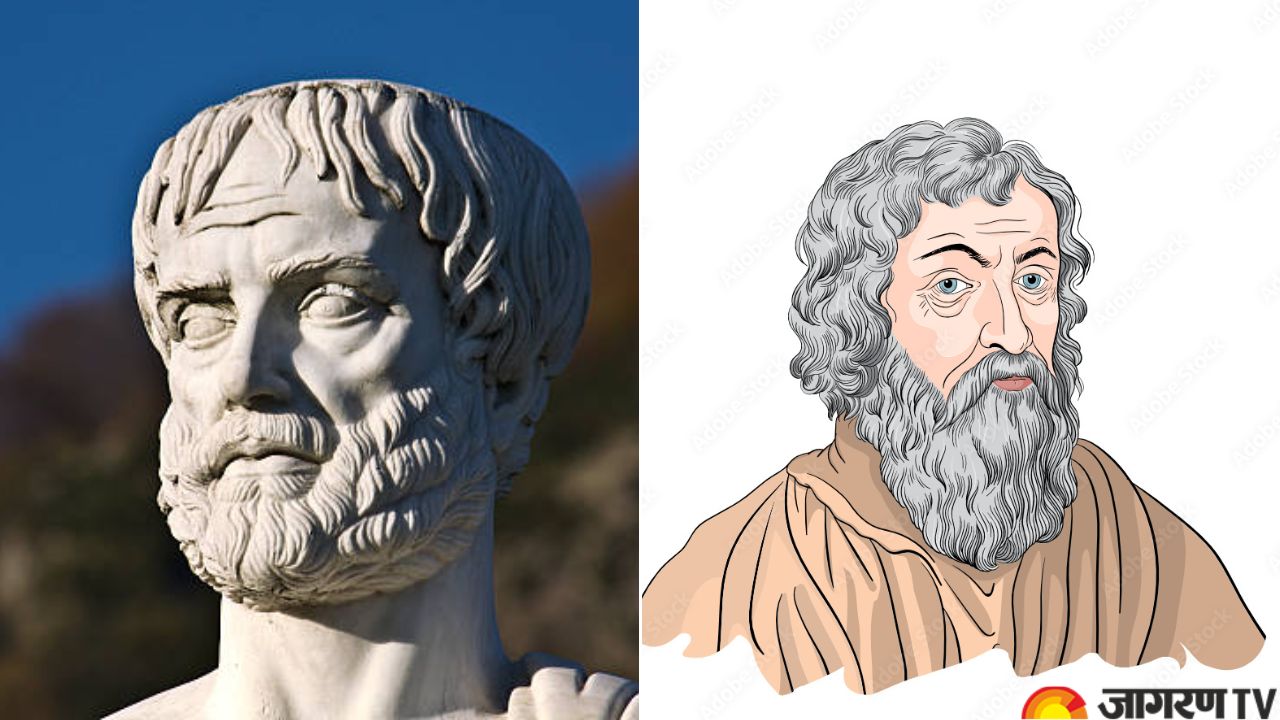Father’s Day 2025: From Mahatma Gandhi to Aristotle, List of Prominent Fathers of Various Fields in the World

Father’s Day 2025: Father’s Day is a day to commemorate fathers, fatherhood, paternal bonds, and fathers’ influence in society. It is observed in several countries around the world, with different traditions and dates. Father’s Day is observed on the third Sunday of June around the world, notably in India, the United States, and the United Kingdom. In 2025, Father’s Day will be celebrated on June 15th.
Father’s Day History
Father’s Day dates back to the early twentieth century in the United States. The first known Father’s Day service took place in Fairmont, West Virginia, in 1908. However, the more widely acknowledged commencement happened in Spokane, Washington, in 1910, when Sonora Smart Dodd, inspired by the newly established Mother’s Day, proposed a day to commemorate fathers like her own - a Civil War veteran who raised six children alone. The event gained popularity over time, and in 1972, United States President Richard Nixon signed legislation making Father’s Day a national holiday.
Famous “Fathers” of Various Fields
Throughout history, some great people have established the groundwork for whole fields by their pioneering work, innovative thinking, and long-lasting contributions. These pioneers are frequently regarded as the "fathers" of their respective fields since they were the first to define, develop, or revolutionise it in a way that influenced its development. Here is a list of some “fathers” from various fields and categories.
Mahatma Gandhi: Father of the Nation (India)
Mahatma Gandhi spearheaded India’s independence movement through peaceful civil disobedience. His ideology of ahimsa (nonviolence) and truth inspired movements for civil rights and independence around the world, and he was regarded as the “Father of the Nation.”
Adam Smith: Father of Economics
Adam Smith, a Scottish economist and philosopher, wrote The Wealth of Nations in 1776, which established the foundations of contemporary economics. He pioneered the concept of the “invisible hand” and advocated for free markets and capitalism, giving him the title Father of Economics.
Albert Einstein: Father of Modern Physics
Albert Einstein’s Theory of Relativity transformed our view of time, space, and gravity. His famous equation, E=mc², was a cornerstone of contemporary physics. He is widely referred to as the “Father of Modern Physics” due to his breakthrough achievements.
Michael Faraday: Father of Electricity
Michael Faraday, an English scientist, made significant discoveries in electromagnetism and electrochemistry. His inventions of the electric motor and generator, as well as the laws of electromagnetic induction, established the foundation for contemporary electrical engineering.
Edward Jenner: Father of Vaccination
Edward Jenner, an English physician, created the world’s first effective smallpox vaccine in 1796. His pioneering work in vaccination won him the moniker “Father of Immunology/Vaccination,” and it saved millions of lives.
Euclid: Father of Geometry
Euclid was a Greek mathematician whose work ‘Elements’ is considered one of the most significant textbooks in history. His systematic approach to geometry won him the moniker Father of Geometry, and he influenced the field for generations.
Aristotle: Father of Western Philosophy
Aristotle, a student of Plato and the teacher of Alexander the Great, wrote on a variety of topics including logic, ethics, biology, politics, and metaphysics. He is generally referred to as the Father of Western Philosophy because of his fundamental influence on Western thought.
Hippocrates: Father of Medicine
Hippocrates, an ancient Greek physician, is often regarded as the Father of Medicine. He distinguished medicine from superstition, establishing it as a science founded on observation and diagnosis. His name is on the Hippocratic Oath, which doctors still take today.
Louis Pasteur: Father of Microbiology
Louis Pasteur, a French scientist and chemist, pioneered pasteurisation and created vaccines against rabies and anthrax. His work on germ theory transformed medicine and hygiene, garnering him the title “Father of Microbiology.”
Nicolaus Copernicus: Father of Modern Astronomy
Copernicus, a Renaissance-era mathematician and astronomer, created the heliocentric hypothesis, which holds that the Sun, not the Earth, is at the centre of the universe. This audacious claim upset millennia of geocentric orthodoxy, ushering in modern astronomy.
Archimedes: Father of Mathematics and Physics
Archimedes, an ancient Greek inventor, physicist, and mathematician, contributed significantly to our understanding of levers, buoyancy, and geometry. His discoveries and theories established him as a significant figure in science and engineering.









